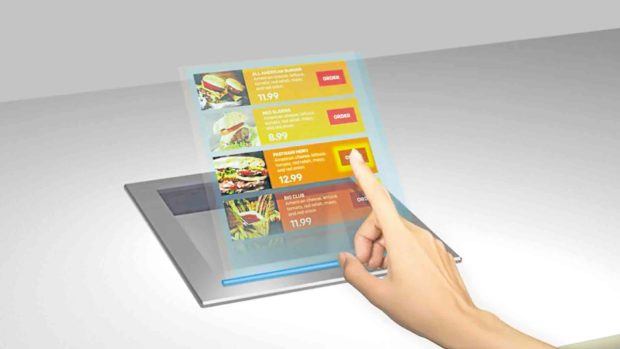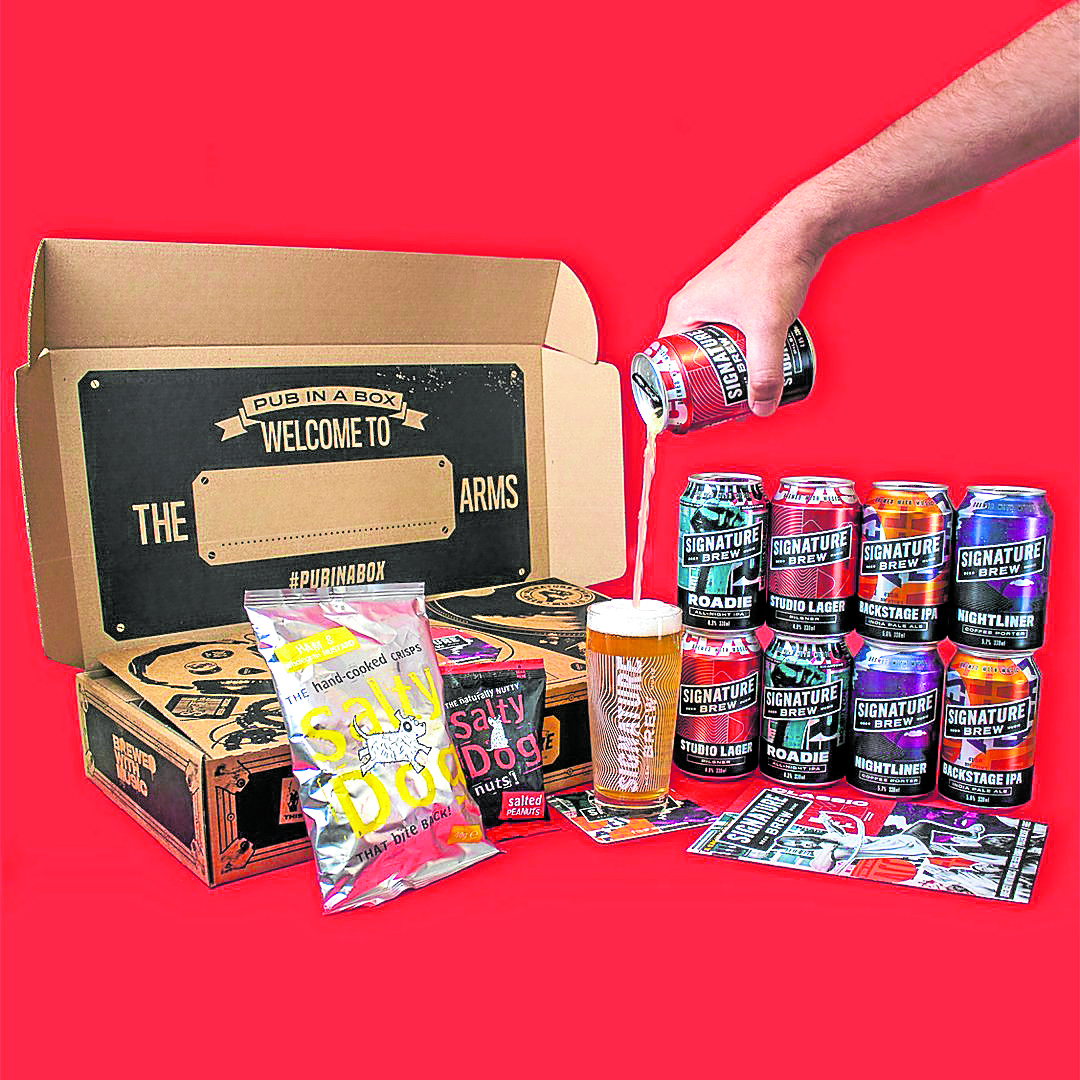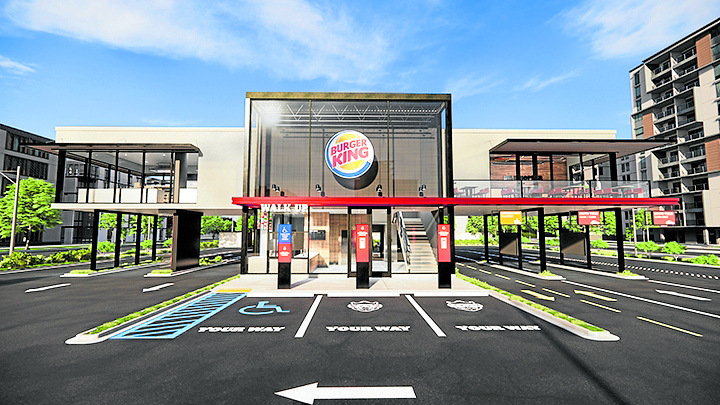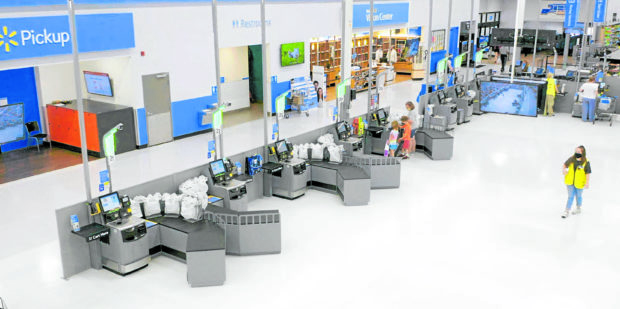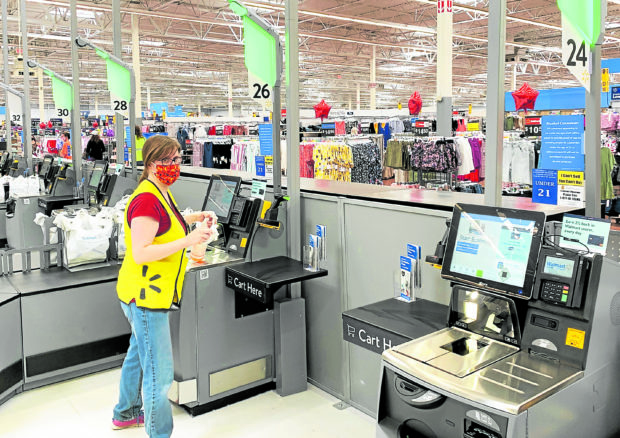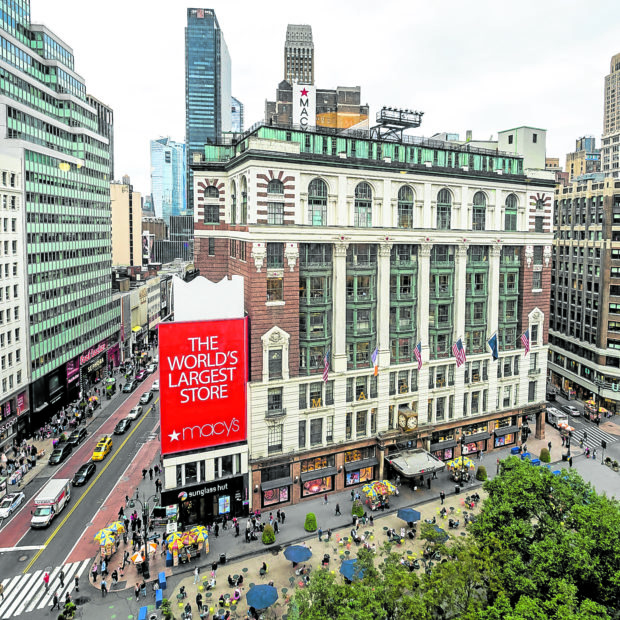Reinventing retail
All of us are well aware of how COVID-19 significantly disrupted the retail sector globally. It has been particularly disheartening to see shops and restaurants board up and put up that “closed” sign for good.
From implementing contactless payment options and laying out physical distancing decals on the floor, to setting up sanitation stations at store entrances, placing acrylic barriers on tables and counters, and offering curbside pick-ups, our retailers had to restrategize and think of new ways to keep their businesses afloat in the face of the pandemic. Here are some examples of how companies nowadays are reinventing retail.
Touchless food ordering
If we’re impressed by how QR codes have conveniently allowed us to order food and drinks from our favorite restaurant, wait until you see this.
We usually see holography in movies or concerts. Who would have thought that we could eventually use this same technology in our everyday life? Holo Industries presents its Holographic Restaurant and Kiosk Units that allow diners to order and pay for food in a safe, contactless manner. Each unit consists of a 3D holographic plate that would beam up the restaurant’s holographic menu above the restaurant counter. Customers can then select their orders by “pushing” buttons as they would on a touchscreen, minus the need to douse their hands with alcohol right after.
Will we see holographic keypads on ATMs and holographic elevator buttons in the near future?
‘Pub In A Box’
Can’t go out to the pub because of alert level restrictions? Let the pub come to you.
To cope with the lockdowns, East London-based brewery Signature Brew came up with “Pub In a Box.” It contains eight 330 ml cans of the brewery’s award-winning craft beers, a Signature Brew beer glass, a couple of packs of bar chow, a coaster (you’re not drinking at a bar when you don’t have that coaster in front of you), a music quiz and exclusive playlists to complete that pub vibe in the confines of your home. The box even has a DIY pub sign inside, if you want to go the extra mile and put it up the kitchen counter as you enjoy a cold glass of beer, or two.
Burger King
In the United States, fast food giant Burger King has unveiled new restaurant designs that aim to improve its customers’ restaurant experience in the time of COVID-19. Among the plans is a drive-in area where diners can park their cars beneath solar-powered canopies, order through the BK App and have the food delivered to their cars. How’s that for eating out?
Another design option has the kitchen and dining area suspended above the drive-thru lanes. Food will be brought down to the customer in drive-thru via a conveyor belt system. Customers who want to dine in can do so at the outdoor seating area, saving them the risks of staying inside an enclosed space.
Full-service checkout counters
At its Supercenter in Fayetteville, Arkansas, Walmart has done away with its checkout lanes. Instead, a wide, open area of the store houses 34 registers which are always kept open where shoppers can freely choose whether to self-checkout or be assisted by an associate. The setup allows for a faster checkout, so customers won’t have to stay inside the store for too long. The open area avoids crowding and lets everyone, whether you’re a shopper or a store employee, maintain a safe physical distance—an absolute must during this time.
Pop-ups and smaller shops
COVID-19 required us to be quick in our shopping trips and pick the less crowded places as much as possible. Department store chains Macy’s and Bloomingdales have begun to put up smaller stores that are away from malls and closer to where its customers are. The decision of both retailers to scale down is due in part to the big changes in consumer habits because of the pandemic.
Other brands such as perfume house D. S. & Durga went the way of the pop-up shop after having to close its physical stores. Fumetruck looks like an ice cream truck but it carries the fragrance brand’s exclusive scents. And while the company had to shut its stores, its mobile pop-up shop allowed more people access to its products since it can rotate between locations in New York City.
Sources: Springwise.com, Forbes.com, Signaturebrew.co.uk, Holoind.com, Businesswire.com, Corporate.walmart.com, WWD.com, Cnbc.com, Ajay Suresh via Wikimedia Commons

